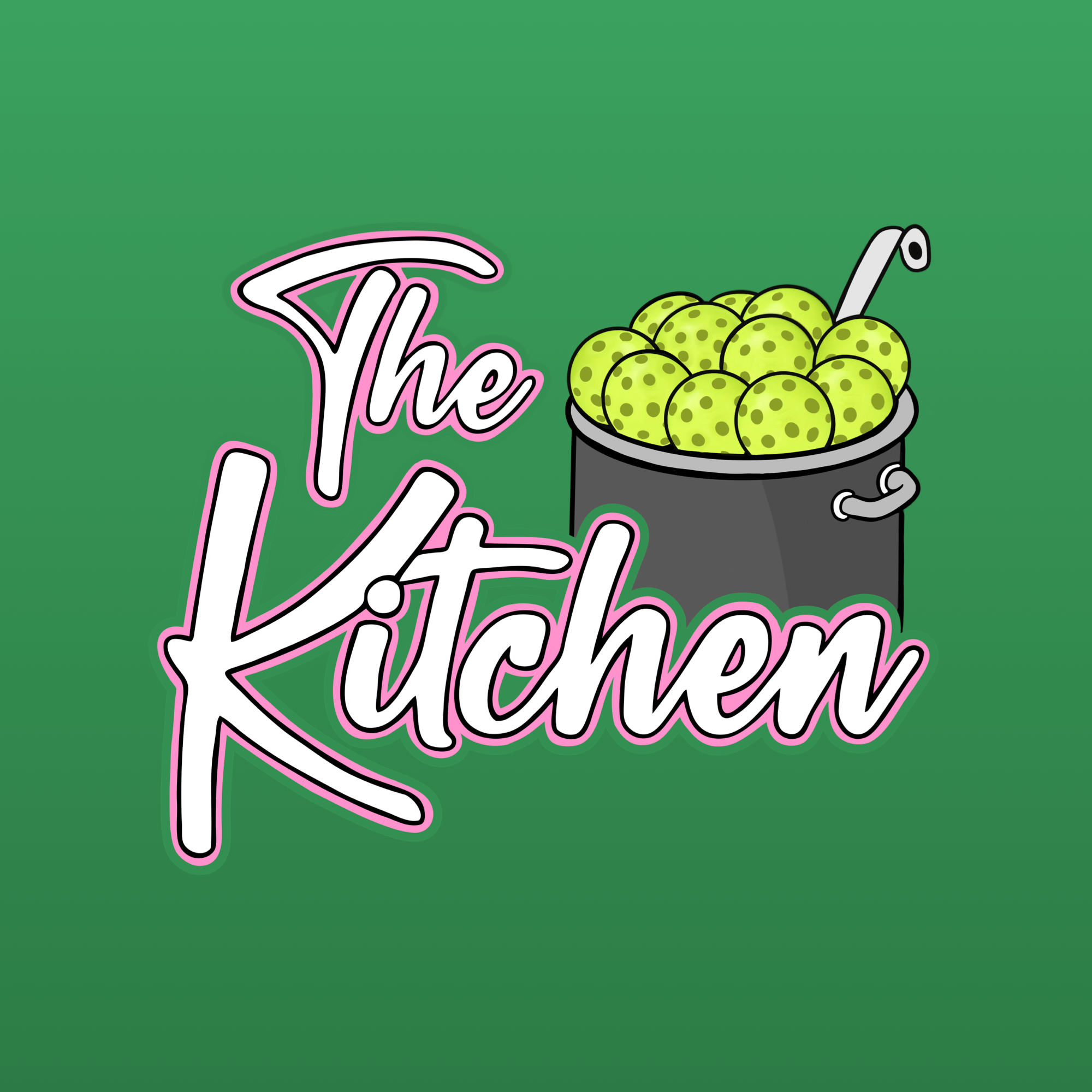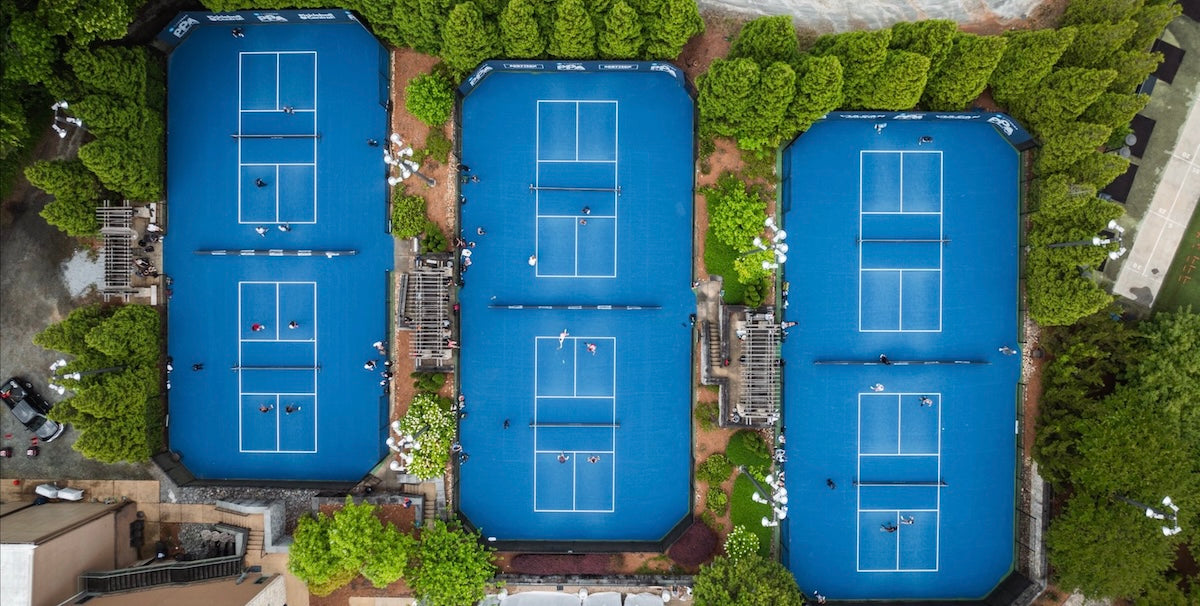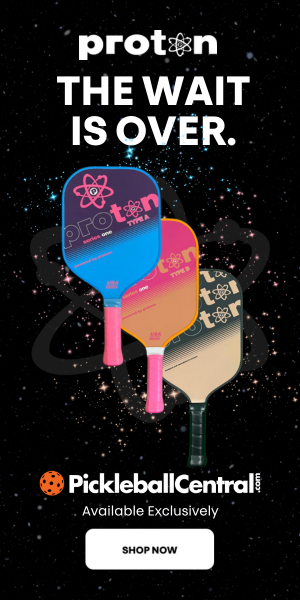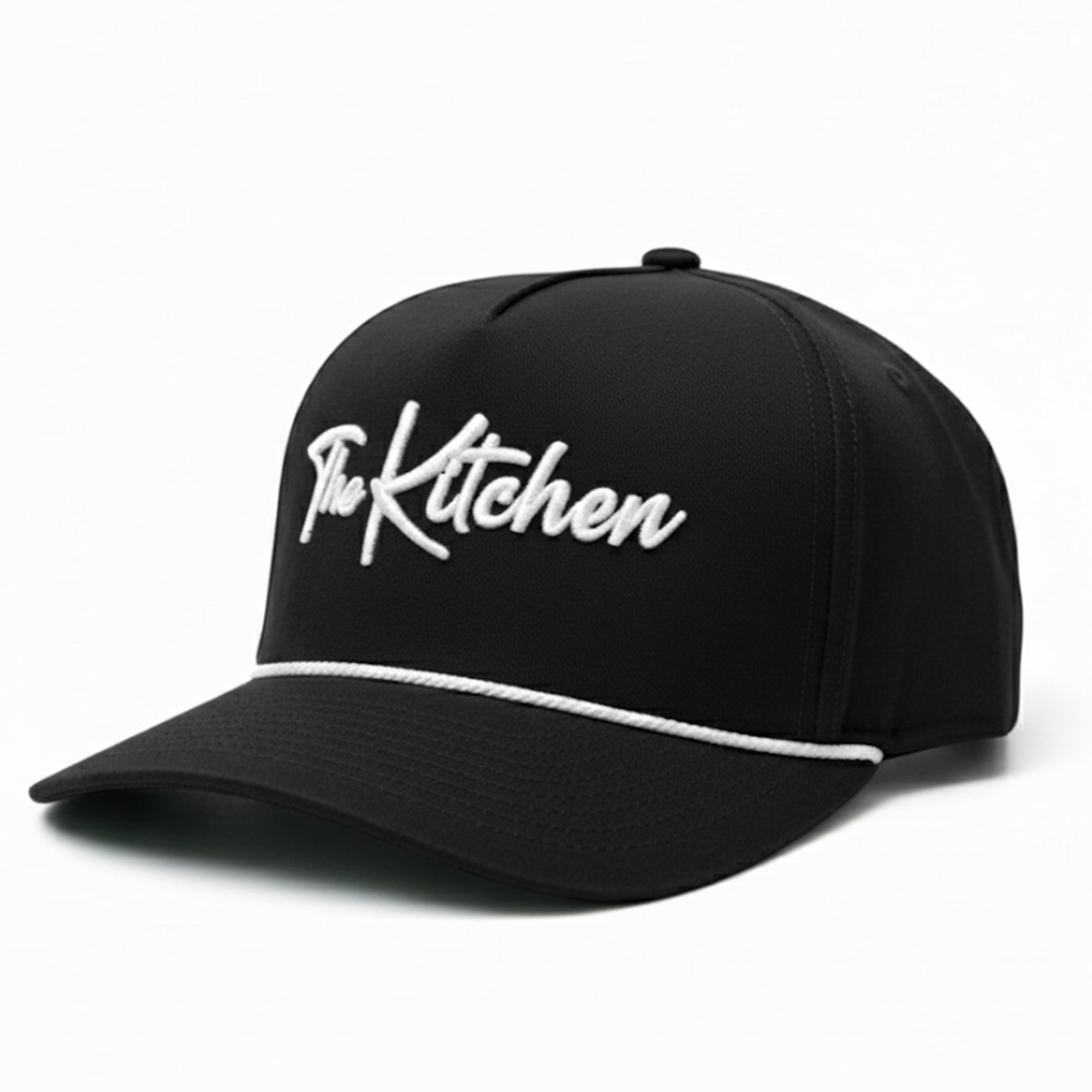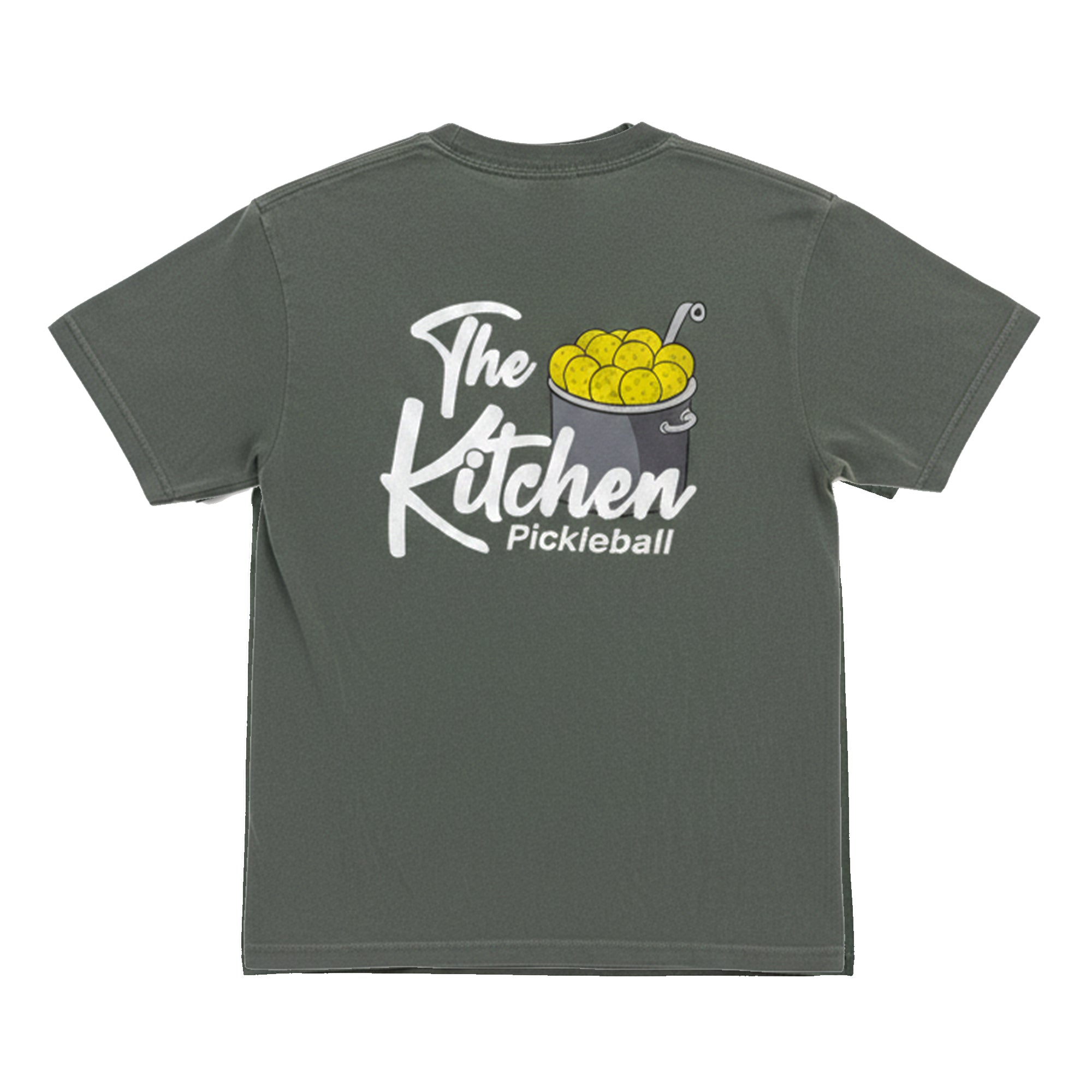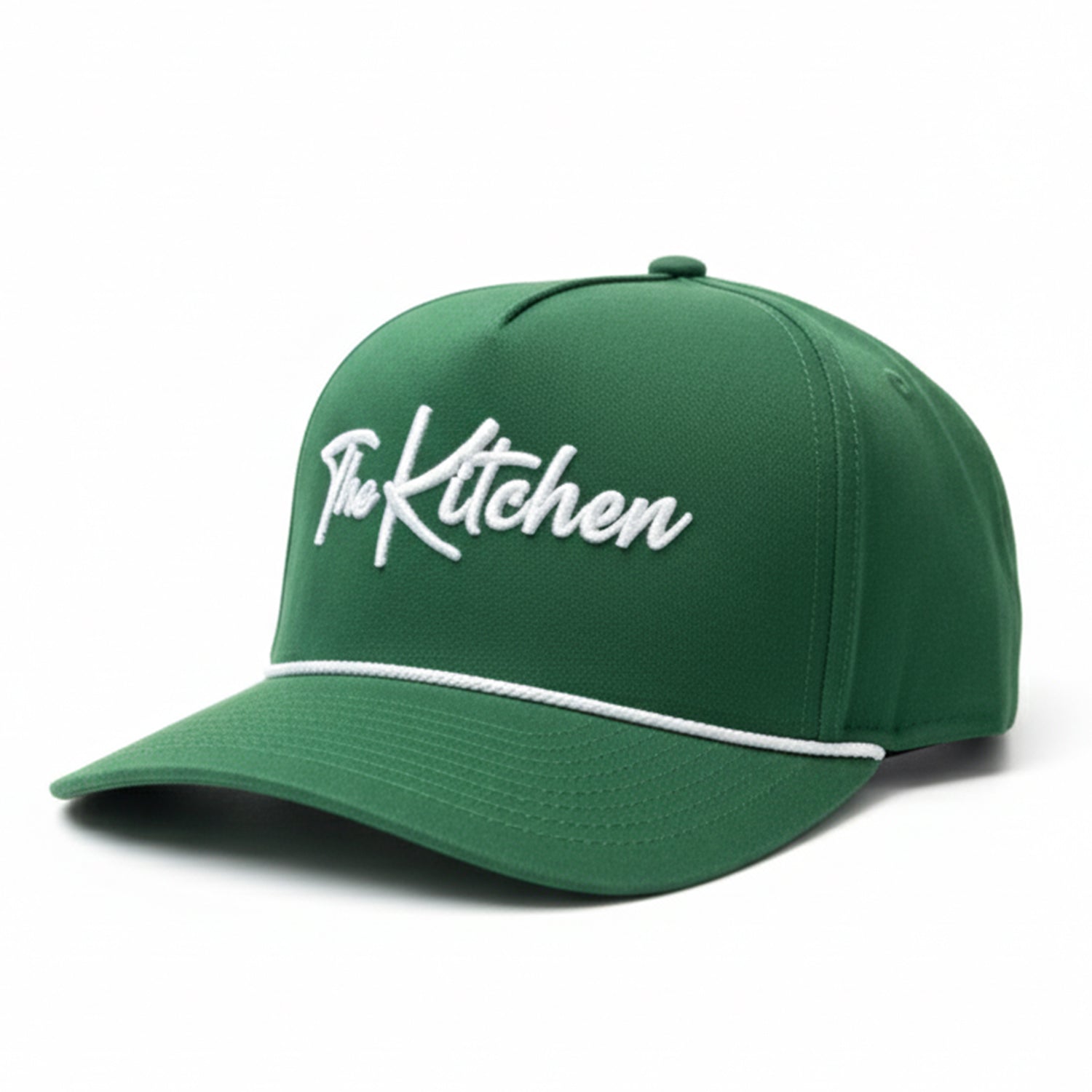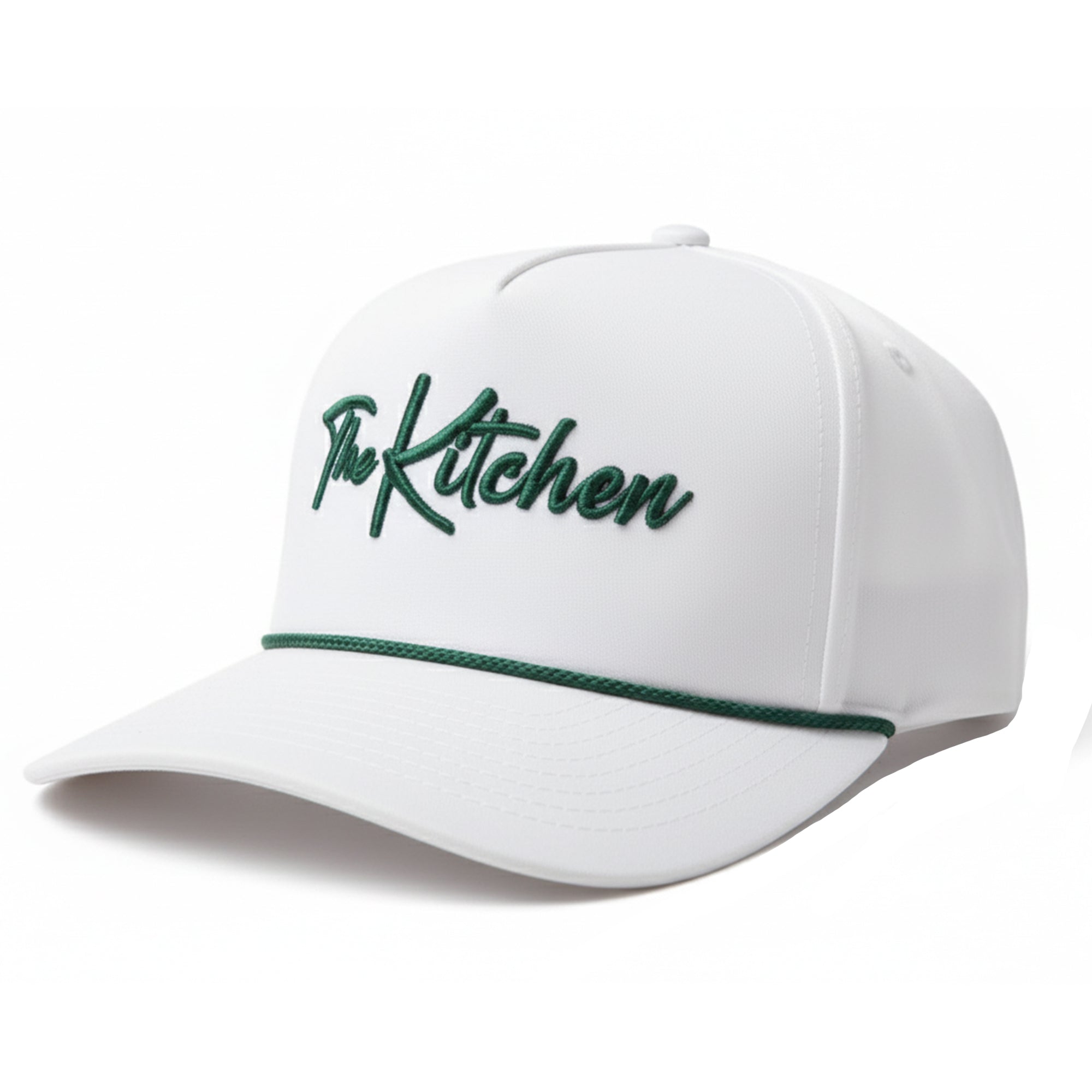PlayTime Scheduler: How a grassroots tool transformed pickleball communities worldwide
Last Edited
Jan 13 2025
Category
Community
In 2016, Reine Steel realized she had a pickleball problem. Not a pickleball addiction problem—she was happily embracing the sport like thousands of others. Her issue was finding games that fit her schedule without facing a logistical nightmare.
Like so many fellow pickleball players, Reine found herself caught in cumbersome email chains and incessant group texts that seemed to buzz at the worst possible moments.
As a web developer with decades of experience in process improvement, she knew there had to be a better way. So, she created one.
What started as a simple website for her local pickleball community in Sacramento has since exploded into PlayTime Scheduler, a global platform that connects over 380,000 players in 57 countries to games at over 13,000 venues.
To date, over 1.6 million play sessions have been created by its users. With the recent release of their mobile app, PlayTime Scheduler is poised for their biggest year yet.
It’s the story of a grassroots innovation that reshaped how players interact, meet, and, most importantly, play the fastest-growing sport in the U.S.
Today, PlayTime Scheduler is the undisputed hub of local pickleball action, offering free, user-friendly access for players of all levels to find matches and organize play sessions without the hassle of endless emails or texts.
But how did this simple tool become a global go-to? The answer lies in a combination of Reine’s passion for pickleball and the platform’s dedication to community-driven growth.
A sticky note sketch becomes a website
Reine Steel didn’t set out to change the world of pickleball. She just wanted to play more games and spend less time organizing them.
After drawing up a rudimentary sketch on a sticky note of what would become PlayTime Scheduler, she and her team at STLi Web Solutions built a prototype for the Sacramento pickleball community.
The platform allowed players to propose play dates at their local courts with just a few clicks.
“At that time, Sacramento had maybe 200 active players,” Reine recalled. “It wasn’t about skill levels or creating a sophisticated tool; it was simply about getting four warm bodies onto a court at the same time.”
This simple goal resonated deeply with the local pickleballers. The site quickly gained traction, and the word began to spread.
Soon, pickleballers from other regions—spurred on by Sacramento players who shared the tool while traveling—began reaching out to Reine, asking if she could set up a Scheduler for their cities.
Initially, Reine didn’t have plans for expansion. The site was something she had built “purely for selfish reasons,” as she described it.
“I just wanted to play more pickleball!”
But after a trip to Portland, where she had difficulty finding up-to-date information on games, Reine realized the impact PlayTime Scheduler could have on the broader pickleball community.
Thanks to the connections she made playing there, Portland became the first city outside of Sacramento to adopt the tool.
Growing the world's first pickleball scheduling site
What makes PlayTime Scheduler’s growth remarkable is how organic it was.
Without any formal marketing, the platform spread from city to city, state to state, purely by word of mouth. Local pickleball ambassadors and passionate players became the platform’s best advocates.
When players traveled or moved to new areas, they would introduce PlayTime Scheduler to their new communities.
Reine credits the site’s success to the over 3,500 regional admins who manage their local Schedulers.
“Our admins are the secret sauce,” she said. “They understand the nuances of their local pickleball communities and know what works best for their players.”
These admins define their geographic regions—sometimes as large as multiple counties, sometimes as small as a single town—input accurate court data, and serve as local champions for the platform.
Once a core group of regulars in any given area begins using PlayTime Scheduler, it doesn't take long for everyone else to follow suit.
“Nobody wants to miss out, especially in pickleball,” Reine said. "The FOMO is real!"
To help foster this growth, PlayTime Scheduler offers free promo kits with flyers and business cards that local leaders can distribute at courts and events.
These promo materials have been crucial in building community awareness and getting new users onboard.
Today, over 45,000 play sessions are posted each month, and 10,000 new users join monthly.
It has become the go-to resource for finding games, connecting with players, and organizing events—from casual meetups to competitive tournaments.
User-driven innovation
The platform’s success is not just about ease of use or free access. What sets PlayTime Scheduler apart is its continuous evolution, shaped by the needs and feedback of its users.
For example, early versions of the platform didn’t have skill level designations—after all, in 2016, the Sacramento pickleball scene was small, and everyone just played together, regardless of ability.
But as the sport grew, so did the demand for more competitive, balanced games.
“One of the big requests we got early on was to add skill ratings,” Reine explained. Initially, they added half-step self-ratings, but as users sought more granularity, quarter-step ratings were introduced.
Download the PlayTime Scheduler app
Now, the platform is in the process of integrating official rating systems like DUPR and UTR-P, ensuring that players’ skill levels are accurately reflected in their profiles.
Another major feature added through user feedback was invite-only sessions. Originally, all sessions were public and open to anyone. But as the number of pickleball players outgrew the number of available courts, players wanted more control over crowd sizes.
Today, around 15% of sessions are invite-only, and the platform offers sophisticated tools to manage invite lists, track player preferences, and even share session notes.
These notes, which began as simple logistical tools (“I might be late,” or “Can I borrow a paddle?”), have evolved into lively chat threads where players bond over their shared love of the game.

PlayTime Scheduler offers three levels of access, depending on an individual user’s needs. The Free tier allows players to browse and join games, and create basic play sessions.
For a small annual fee, Premium and Power Users get access to powerful bonus features, such as wait lists, repeating events, and the ability to fully customize their calendar views and notifications.
“We’re very thoughtful about which features get added. We want new users to be able to jump right in without having to watch a tutorial,” said Reine. “Pickleball is fun, and we think pickleball software should be fun to use, too!”
Community heroes: the heart of PlayTime Scheduler
As much as PlayTime Scheduler has revolutionized how players organize games, its most powerful impact is on building community.
Whether it’s connecting expats in Portugal, helping a single-court town in Manitoba keep their pickleball community thriving, or serving as the lifeblood of tourist-heavy locations like Chincoteague Island, the platform’s role as a community builder cannot be overstated.
“We hear from people all over the world about how PlayTime Scheduler has improved their lives,” Reine said. “It’s not just about scheduling pickleball games. It’s about helping people meet new friends, stay active, and create a sense of belonging.”
One story that stands out is from a North Carolina expat who brought both his love of pickleball and PlayTime Scheduler to Sweden, where he helped seed the country’s first pickleball community.
This story, along with countless others, showcases the platform’s ability to foster community, even in places where pickleball is still relatively new.
The pickleball scheduling app
As pickleball continues to grow, so does PlayTime Scheduler. The platform just recently released a companion mobile app, offering new features like Face ID login, push notifications, and real-time chat.
The mobile app brings even more convenience to players, whether they’re browsing games or managing playdates on the go. The team sees the app as a platform on which to build more on-court tools, such as round-robin generators and check-in sheets.
Reine and her team are always gathering user feedback to develop new features that improve the player experience.
One major evolution in the works is a new set of tools called PlayTime Groups that will cater to smaller sets of users – such as clubs, teams, and friend groups – who want to coordinate games outside of the public calendar.
What began as a simple scheduling tool for one local community has blossomed into a global phenomenon.
From Sacramento to Sweden, PlayTime Scheduler is making pickleball more accessible, more social, and more fun—one game at a time.


